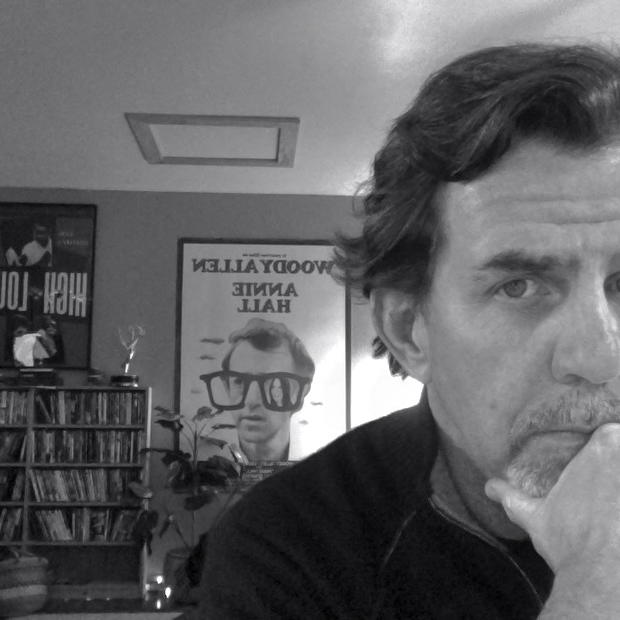In September 1997 I was a freelance cameraman on a three-person CBS news crew invited into North Korea to report on a nationwide famine. This was a rare opportunity for the Western media to get a glimpse inside the secretive country.
Even though our access was tightly controlled, I saw a nation bursting with raw, natural beauty, huge sweeping highways that were always deserted (rumors were the freeways were built as military landing strips), farmers toiling in fields that yielded little food, expertly trained police directing traffic on streets where the only vehicles were official government sedans and the ubiquitous, gargantuan gold-plated statues and unfurled banners depicting North Korea’s Dear Leader Kim Jong-il. If ever there was a bizarre modern dictatorship ripe for a pointed political satire, this was it.
Sadly, the much-ballyhooed movie The Interview doesn’t even come close. It is simply another dumb, gross, disposable piece of American movie trash aimed at 13-year old boys and their older, developmentally-arrested brethren.
As Americans, we shouldn’t be worrying about the possibility of a North Korean cyberattack. Instead we should worry about what this idiotic film says about our cultural tastes, sense of humor and misplaced priorities. One has to wonder why Kim Jong-un, the Great Successor to his father, didn’t reverse strategy, buy up all pirated copies of The Interview, and then force his people to watch the movie as evidence of America’s moral depravity and runaway greed. “The United States of Evil,” he could have said, “racked with homelessness, childhood poverty and crippling inequality, would rather spend the movie’s $80 million budget (including marketing) on a couple hours of dick jokes.”
The controversy surrounding this movie is embarrassing in light of what the movie actually is. Seth Rogen and James Franco play the producer and host of a shallow celebrity interview program that just happens to be one of Jong-un’s favorites. When they score a sit-down with the dictator, the CIA recruits them to assassinate him.
They enter the country and are whisked off to the supreme leader’s palace. Hilarity, and an endless stream of potty and penis jokes, ensues. Except The Interview is not remotely hilarious or even mildly amusing, other than to its extremely narrow and inexhaustible target audience. What it is, is depressing.
I will admit the first 15 minutes offered a sliver of hope that the film might have something semi-important to say about the way we distribute and gobble up the superficial junk of reality TV. It might even make a few half-hearted stabs at political relevance. It might illustrate the unique oxymoronic weirdness of the Democratic People’s Republic of Korea. When my wife first suggested we watch the film she offered — not without self-mockery — that it was our patriotic duty. If we didn’t dial this thing up on YouTube for $6.99 or go to our local independent art house and spend $22 on a pair of tickets, then the terrorists have won!
Once the hapless, ham-handed duo of Rogen and Franco enter the DPRK, the movie plunges gleefully into a disgusting male adolescent stew of bodily fluids, genitalia and over-the-top, blood-spewing violence. It’s gross, sick and stupid; the usual gruel we feed the narcotized American masses. As for the controversial scene where Kim Jong-un is actually eliminated, I’ll admit I missed it because I was checking the time. (Even though we were watching online, I couldn’t be bothered to rewind).
Movie industry analysts are saying the success of the film via video-on-demand platforms could be yet another nail in the coffin of the theater-going experience. This means of course that the independent movie theater owners who stepped up to screen the film will, despite their healthy share of the receipts from this ersatz blockbuster, be faced with an even grimmer future once movie studios realize they don’t need them anymore. The Interview did not succeed in assassinating the real Kim Jong-un, but it may have killed the future of moviegoing in America.
This article first appeared in Rustin Thompson's blog, The Restless Critic.
